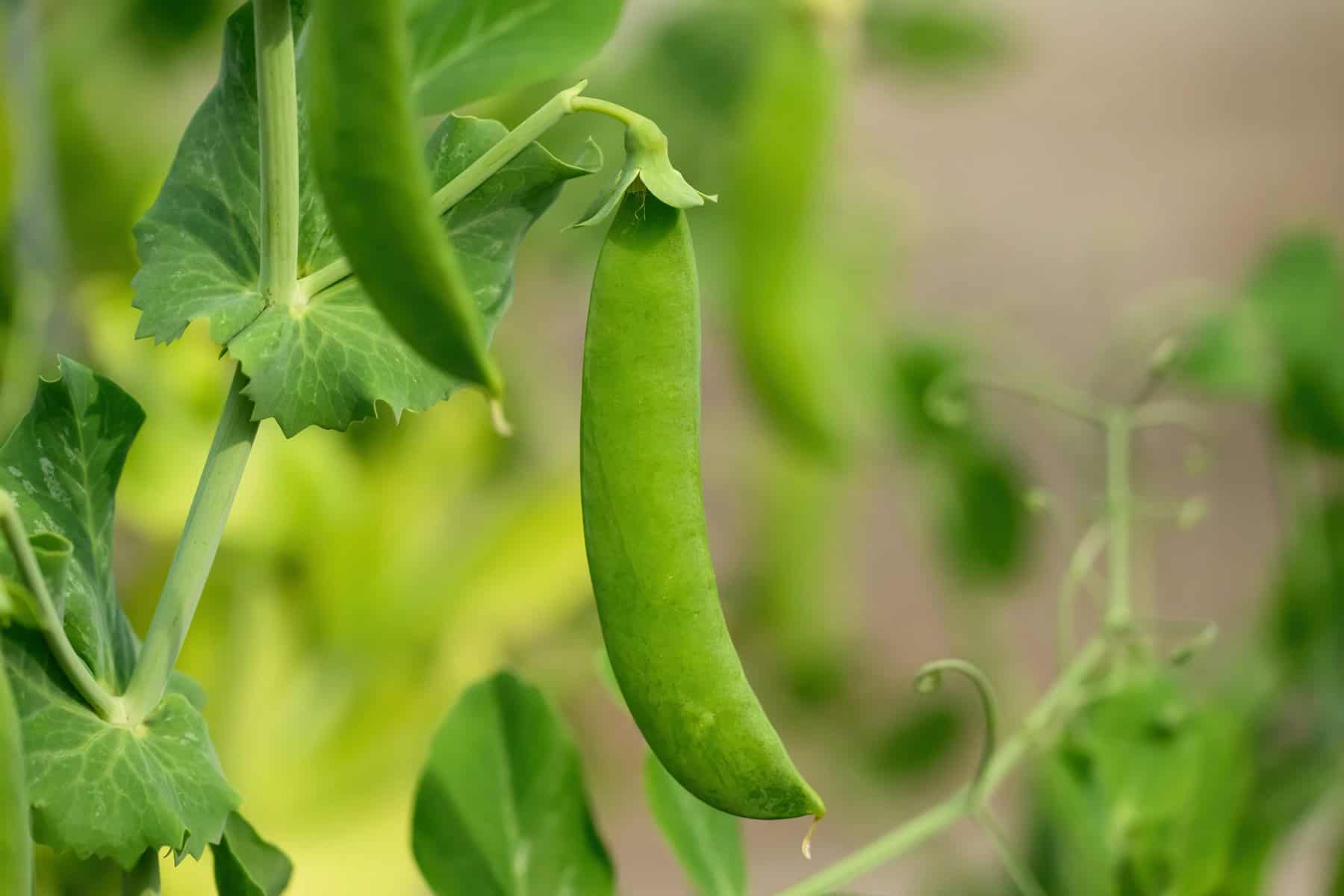SaskPulse VUA agreement undermines farmer control of seed and research
By Kevin Beach and Donna Bryck-Beach
The recent SaskPulse AGM had a lively debate on the resolution opposing Variety Use Agreements (VUAs) on varieties developed using levy (check-off) funds. VUAs are contracts that farmers must sign when they purchase certain new varieties, forcing them to pay an annual fee to the seed company if they want to plant farm saved seed in the following years. The resolution was submitted to SaskPulse by pulse growers whose concerns go beyond one organization, because the VUA issue goes to the heart of the very serious question of “who controls seed.” Clearly, the voting results show there is no consensus and the debate is not over, especially with many farmers not yet aware of the topic or its implications.
You probably remember the large public meetings held across the Prairies in 2018 when Agriculture and Agri-Food Canada (AAFC) was consulting on which way farmers wanted to pay companies for permission to use their own farm-saved seed: End Point Royalties or Trailing Contracts. The answer was a resounding NO – none of the above. Hundreds of farmers came out to these meetings, and opposition was loud and clear. As a result, AAFC backed off its plans to change the Plant Breeders Rights (PBR) regulations to make farmers pay royalties on farm saved seed. Instead, AAFC said it would wait for industry leadership. It appears that the industry (by this, the government means the multinational seed companies, not farmers) has decided to go with VUAs – a private version of the Trailing Contract proposal.
In its deal with multinational seed giant Limagrain, SaskPulse agreed to pay the company $850,000 a year from farmer-paid levy funds in return for variety development in peas and lentils. If and when any resulting varieties are released, they will only be available to farmers who agree to sign a contract obligating them to pay an annual fee to Limagrain if they use it for farm saved seed. Instead of being sued for PBR infringement, farmers would be sued for breach of contract if they plant farm saved seeds without paying the company. Thus, SaskPulse has given Limagrain a monopoly over the use of seed developed using producer check-off dollars. What Limagrain could not get via regulation, SaskPulse has given the company, without a mandate or prior consultation with farmers.
SaskPulse says farmers who want to keep using farm-saved seed are welcome to use older varieties, yet they will continue to pay mandatory check-offs on every bushel of peas and lentils they sell, further subsidizing arrangements they oppose.
At the SaskPulse AGM debate, directors claimed some of the VUA money will flow back to SaskPulse, but they have not revealed how much, or whether others are also getting a piece of this pie. A director also argued that farmers should not be too worried about paying twice for seed research – that is, once with their check-off and again with a VUA — because eventually, we will just be paying the VUAs. So, it appears SaskPulse directors are planning their own obsolescence. No check-off dollars means no SaskPulse! With no levy, farmers will have no leverage – no funds to apply to research based on farmers’ needs, no say in how funds are invested, and thus no reason to continue having crop development organizations.
Seed companies like Limagrain aim to increase their revenues, and with no limits on the VUA fees they can charge, we can expect seed prices to rise – especially if VUAs become standard on all new varieties. With the 2023 crop being the most expensive on record, why would SaskPulse agree to a system that adds to seed costs by making farmers pay for the seed they grew on their own farms?
There are many alternatives to giving away our power and our money to multinational seed corporations. Public plant breeding, done through the Crop Development Centre and other universities, and at Agriculture Canada, with support and direction from farmer funding, provides exceptional results for the entire agriculture sector and our economy as a whole, as U of S economist Dr. Richard Gray has demonstrated. Public plant breeding is tailored to the needs of Canadian farmers, and is not compromised by the conflicts of interests of private seed companies that also sell inputs and demand high rates of profit for their shareholders. Government underfunding cannot be the excuse for us to give away our power – we must insist on a policy of adequate funding of our public breeders from the development of germplasm all the way to the release of new varieties that work for farmers.
Seed is the foundation of the food system. Planting farm saved seed should not become an added financial burden or a legal problem for producers.
Kevin Beach and Donna Bryck-Beach operate a mixed farm near Ernfold, Saskatchewan, where they grow peas and lentils along with grain and forage crops, and raise beef cattle. They are members of the National Farmers Union as well as registered pulse growers who attended and voted at the 2024 SaskPulse AGM.
